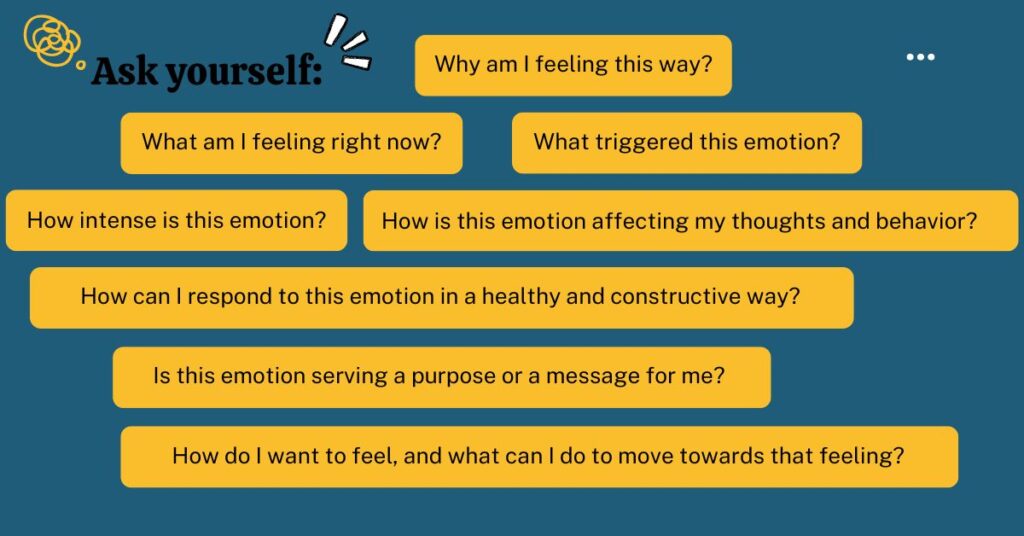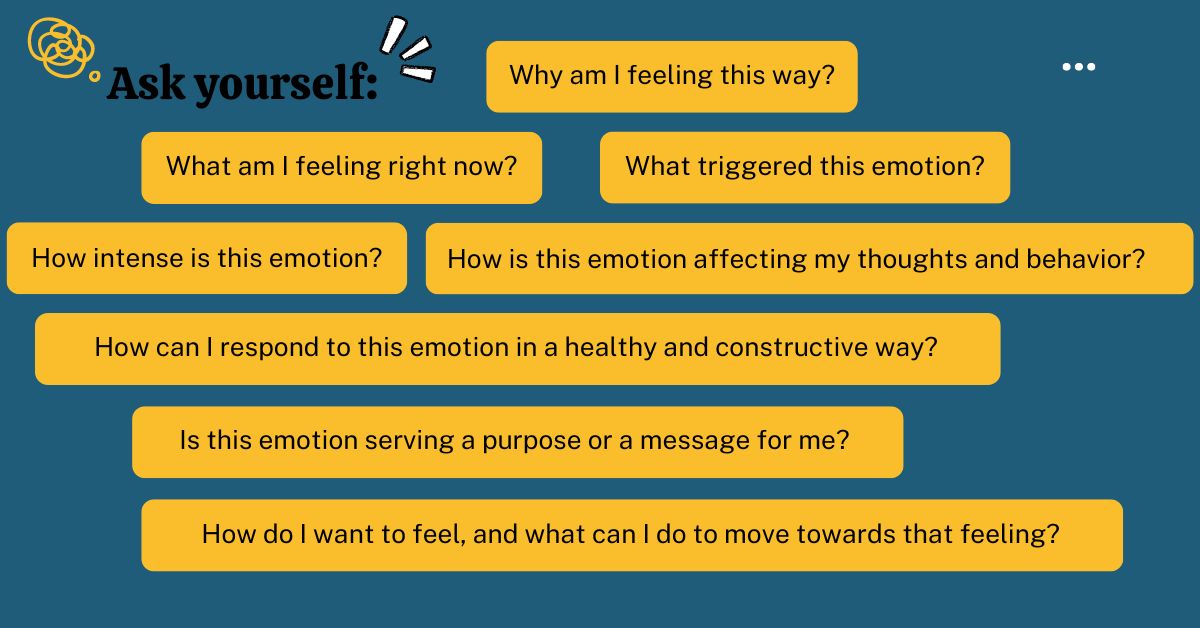Our lives are influenced greatly by our emotions. They can inspire us to take action, foster interpersonal relationships, and impart self-knowledge. But what precisely are Emotions and Self-Expression? And why do they matter so much?
Emotions are intricate psychological experiences that result in alterations in physiology, behavior, and cognition. Physical changes including variations in heart rate, respiration, and facial expressions are frequently present in conjunction with them. They may also cause us to alter our behavior, such as being distant from others or becoming aggressive. They may also influence our thinking, causing us to become more imaginative or to concentrate on the bad.
The Value and Impact of Emotions on Our Lives
There are many distinct kinds of emotions, including happy, joyful, and loving feelings; sad, angry, and fearful feelings; and neutral feelings like boredom and surprise. There are distinct physiological, behavioral, and cognitive changes associated with each type of emotion.
We need emotions to exist and flourish, hence they are crucial. They encourage us to act, like when we are terrified and flee from danger. When we are joyful and smile at someone, they assist us in making connections with others. Additionally, they educate us about who we are, such as when we experience sadness and realize that we need to take a break.
The Power of Your Subconscious Mind a self-help book by Joseph Murphy is titled “The Power of Your Subconscious Mind”. Since its first release in 1963, it has grown to be a self-help genre classic. The author of the book makes the case that we may utilize the power of the subconscious mind to help us accomplish our objectives. Visualization and repeating encouraging statements are only two of the methods Murphy offers for programming the subconscious mind.
Many have complimented The Power of Your Subconscious Mind for its useful guidance and its inspiring message. For lack of scientific support, nonetheless, it has also drawn criticism from others. Even yet, those who are seeking solutions to better their life continue to favor this book as a good option.
The Power of Emotions & Self-Communication

Our lives are influenced greatly by our emotions. They can inspire us to take action, foster interpersonal relationships, and impart self-knowledge.
Emotions may spur us on to action by supplying us with energy, for example. We are more inclined to act when we are fired up or inspired. For instance, we are more inclined to work diligently on a new project if we are enthusiastic about it.
Connecting with people is another benefit of emotions. Relationships can become stronger when we open up about our feelings with others. For instance, if we are joyful, we could tell our friends and family about it. This might make us feel more connected to them.
Finally, feelings might reveal things about who we are. We can better understand what we enjoy and dislike, what makes us happy or sad, and what drives us when we pay attention to our emotions. We may use this information to make wiser judgments about our lives.
The Importance of Self-Expression & Emotional states
The act of conveying our ideas, emotions, and experiences to others is known as self-expression. It serves as a means of communicating who we are and what we stand for.
The advantages of self-expression are numerous. First, it can assist us in overcoming challenging emotions. Healthy emotional expression can aid in the processing of those feelings and the ability to move on. For instance, if we are depressed, we could write about it in a journal or confide in a friend.
Second, self-expression can facilitate relationship development. Sharing our ideas and feelings with others might enable us to establish a more meaningful connection with them. Relationships might become deeper and more meaningful as a result of this.
Third, self-expression may make our lives more satisfying. It might make us feel more genuine and connected to ourselves to be able to express ourselves healthily. A stronger sense of contentment and well-being might result from this.
Here Are Some Tips to Express Your Emotions
- Identify your emotions
Take a moment of self-reflection. Tune into your body and notice any physical sensations. Reflect on your thoughts and the events triggering them. Label your feelings using emotional words, and explore their underlying causes. Practice mindfulness to cultivate emotional awareness and develop a deeper understanding of yourself.
- Find a safe and supportive place to express your emotions
Finding a friendly and secure space to express your feelings is crucial. This might be done in a journaling group, with a therapist, or with a trusted friend or family member. Finding someone who will listen to you without passing judgment is crucial if you want to process your feelings healthily.
- Use words to express your emotions
Express your emotions verbally. Using words to convey your feelings is one of the finest methods to do it. This could entail having a conversation, keeping a notebook, or even producing art. By verbalizing your feelings, you allow yourself to process them and get a deeper understanding of them.
- Use other forms of expression
Not everyone feels comfortable expressing their feelings verbally. If this is the case for you, you can express yourself in various ways. This might apply to sports, music, dance, and the arts. These modes of expression may be wonderful tools for letting go of your feelings and improving your sense of self.
- Be patient with yourself
Learning appropriate ways to communicate your emotions requires time and practice. If you don’t get it straight away, try not to become disheartened. You will ultimately discover what works best for you if you just keep practicing.
Conclusion
It is important to recognize the power of emotions and self-expression. We may lead more fulfilled lives by comprehending our emotions and expressing ourselves in healthy ways.
We shall go into greater depth on the power of emotions in the next paragraphs of this article. We’ll also talk about the value of self-expression and how it may make it easier for us to deal with challenging emotions, form connections, and lead more fulfilled lives.





